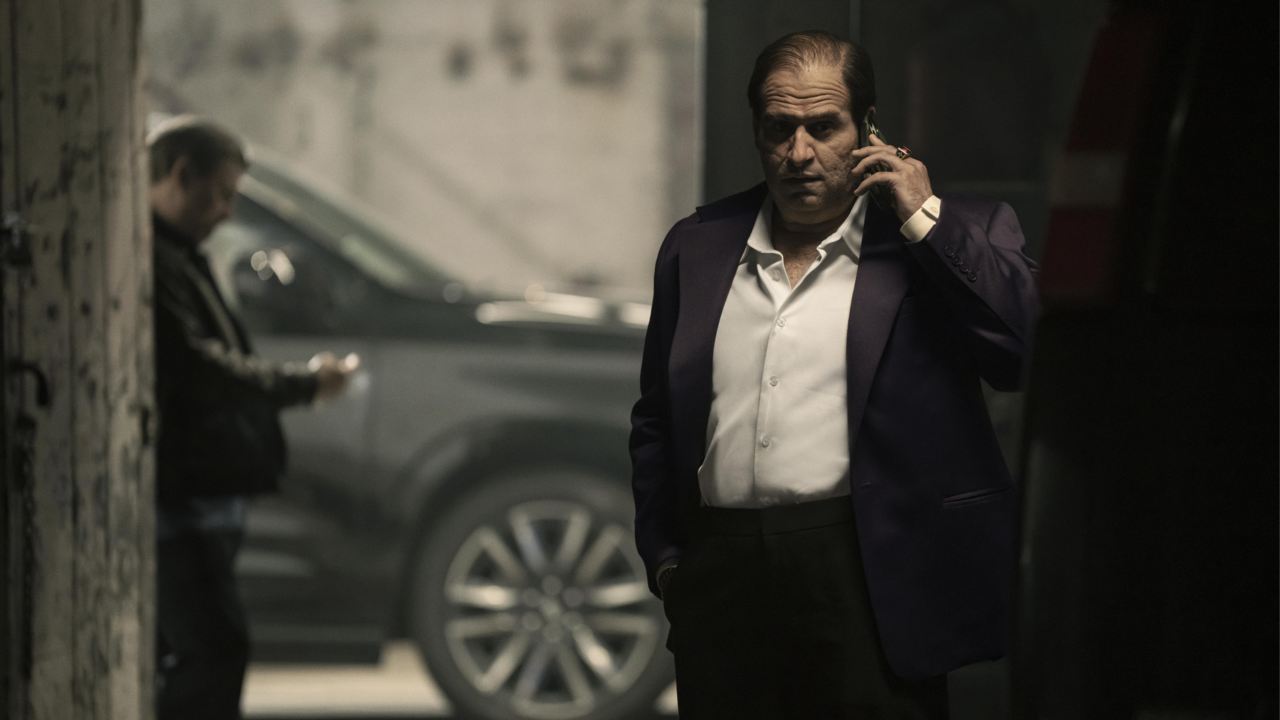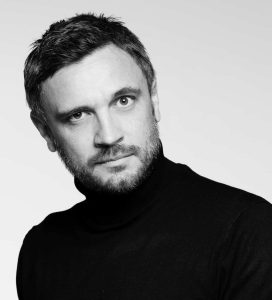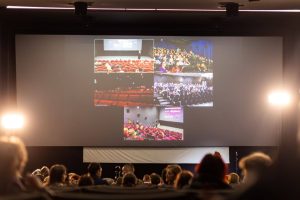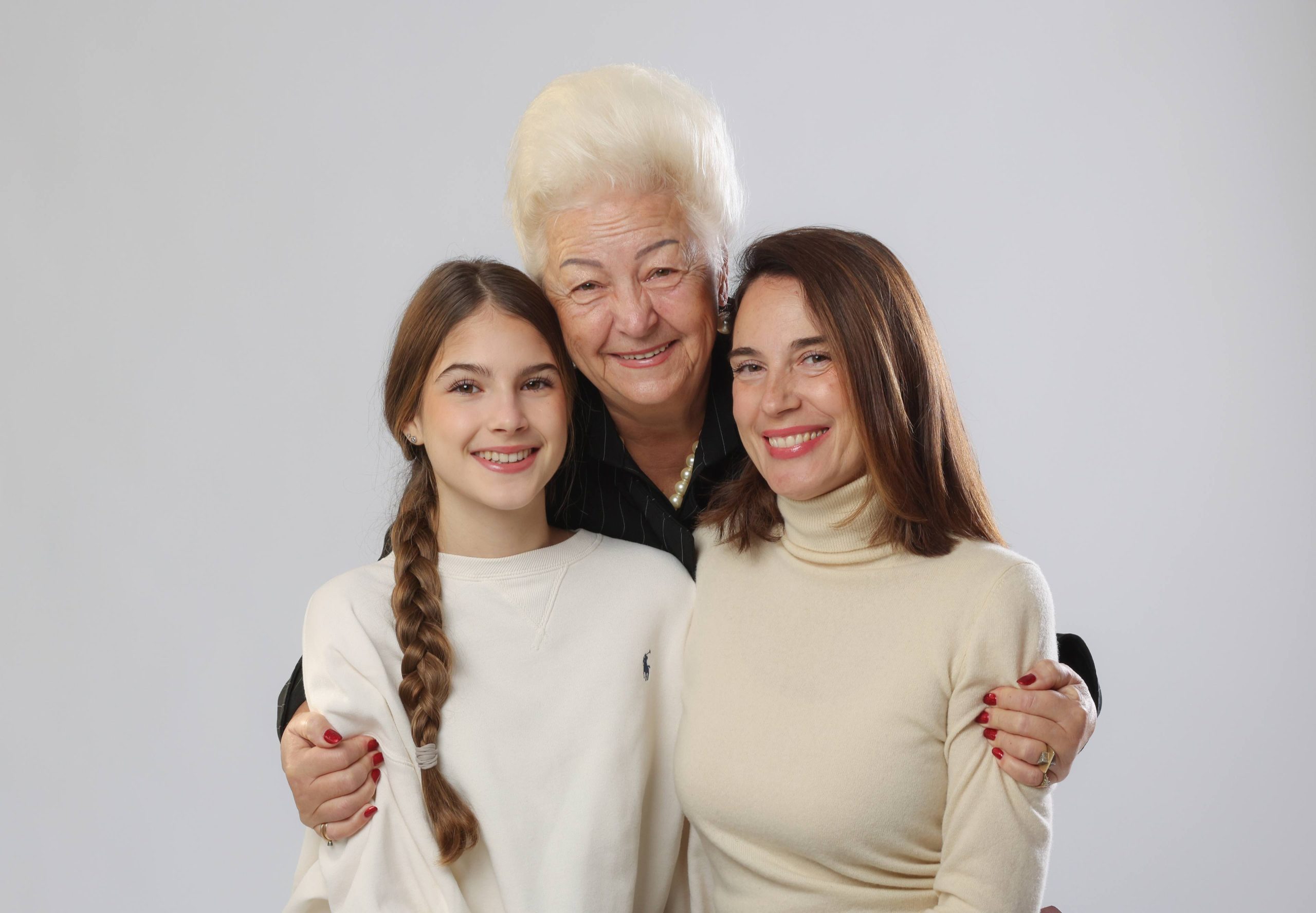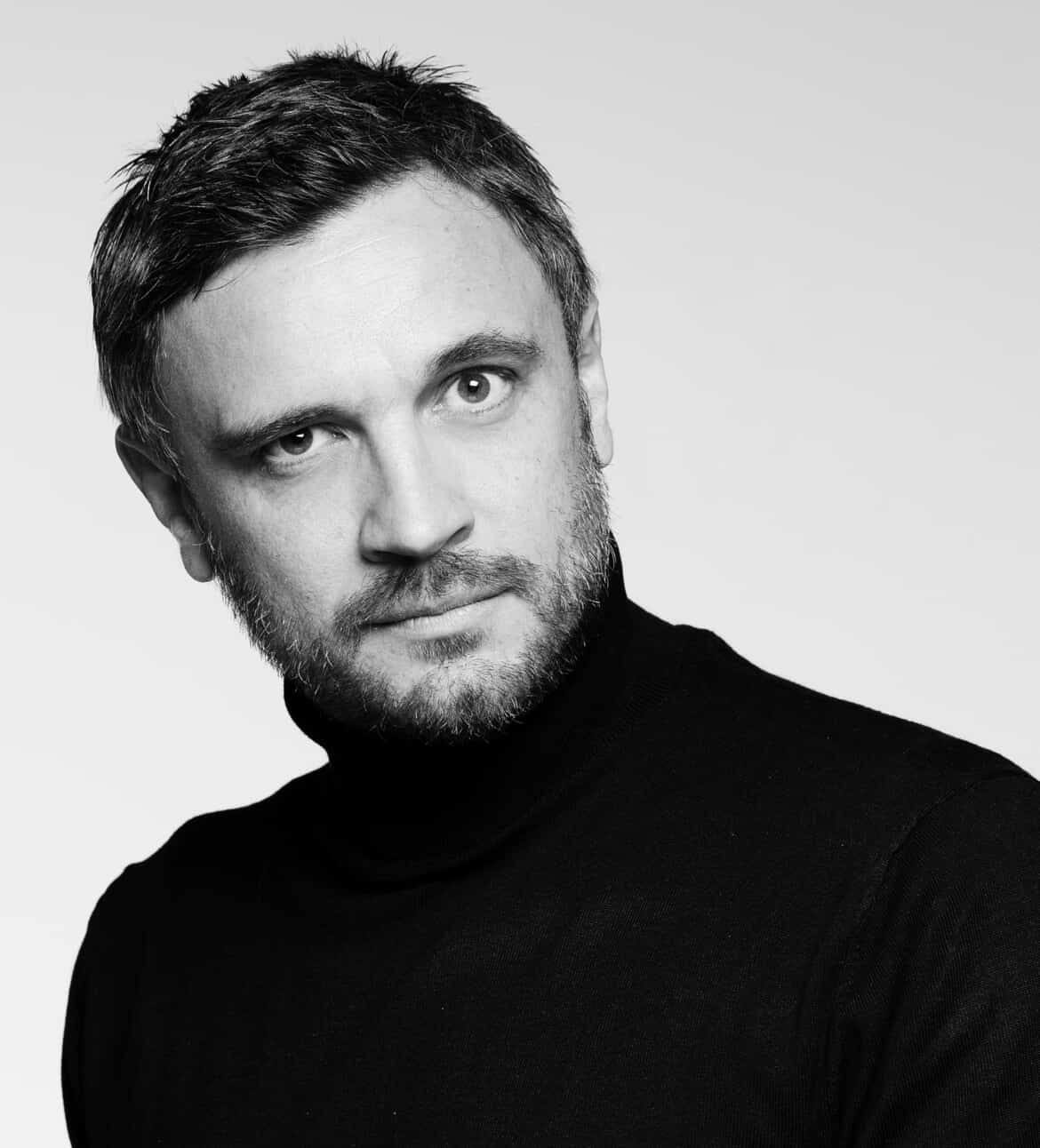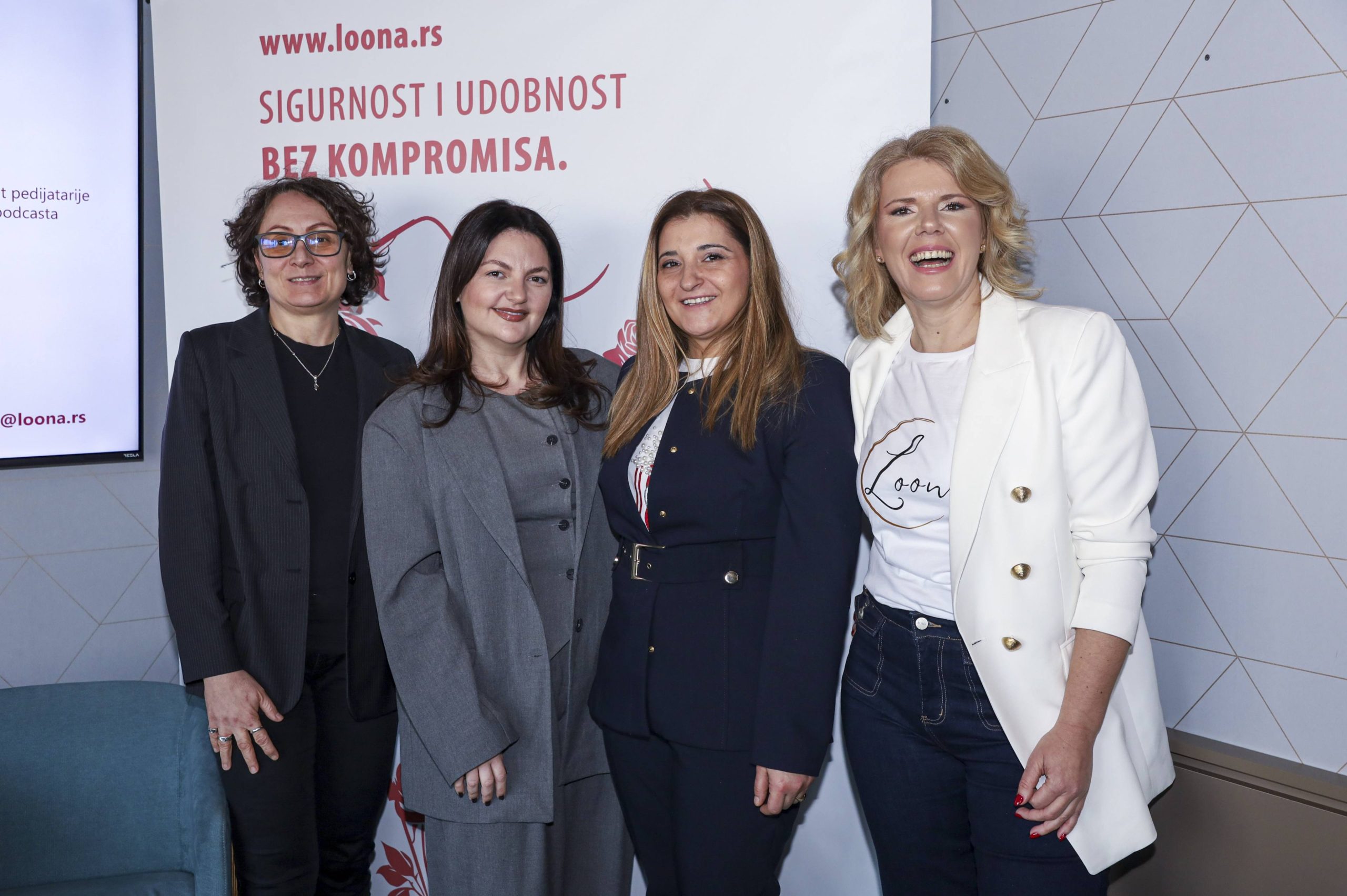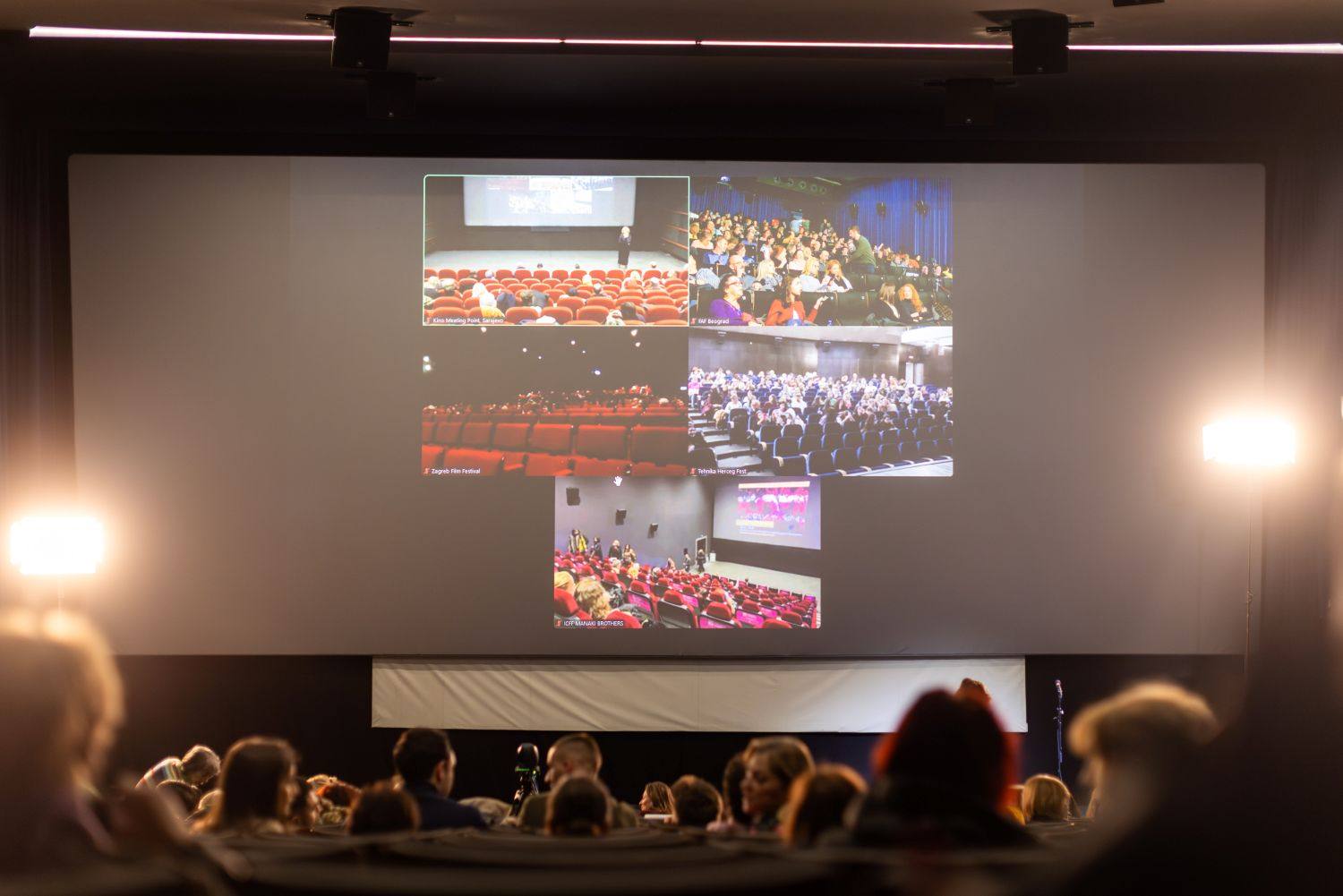Fashionmag42 exclusive interview with Matt Reeves.
FM42: On the origins of The Penguin
When I was writing the script for The Batman, there was a point at which the script was getting so long, and I thought, ‘You know, maybe this would be an amazing crime story for HBO.’ Then I met with Warner Bros. and told them, ‘I’m already doing the movie, and I’d love to be able to exploit the fact that you guys have the rights to all of this, and then to use that to explore these characters in depth, in HBO-style shows where you can dig in long form in the way that you could never do in a movie, where you could spend time with the character and really understand the psychology of the character and explore it in tremendous depth.’ And they said, ‘Actually, that is something we want to do now.’ And I was like, ‘Great, that’s what I’m going to do.’ So as we were making the movie, I had been talking to Dylan Clark, and I had been talking to Sarah Aubrey and Casey Bloys about doing shows like this.
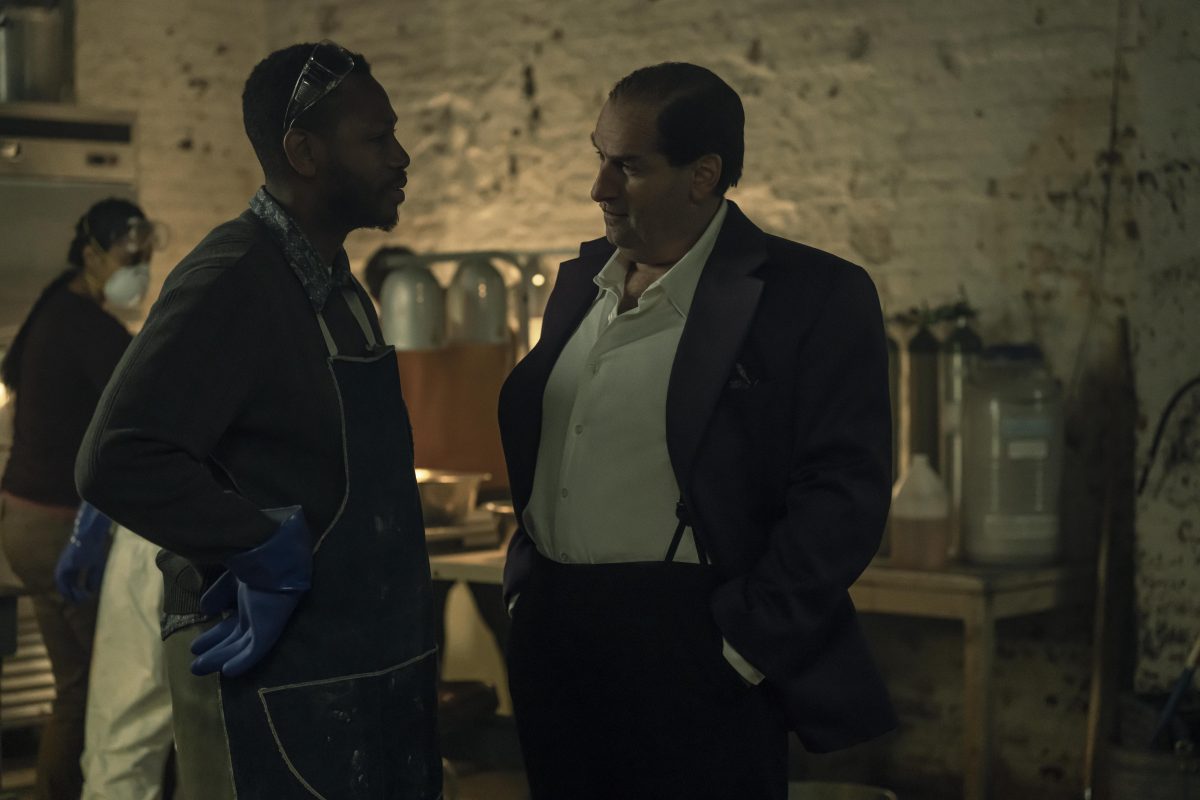
FM42: On the development of the series
In the comics, so many of the stories are about these rogue gallery characters making themselves in light of a vigilante who appears dressed as a bat. In that way, his influence on the city gives rise to these major figures. And so in that story in the movie I thought, ‘well, it’d be interesting if the Penguin is someone who has been marginalized and mocked in a certain way. Somebody who is not fully respected, somebody who is underestimated, someone lying in wait, and once Falcone is gone, then he believes, and no one else does, that he could grab for power and achieve a kind of dark greatness.
’ I had always said to Colin that this version of the character, where we were entering into the story here, was just the beginning of a story, and that the idea would be that in the next movie he would become much more major. And so when Casey said, ‘I don’t want you to preserve all your stuff that you’re most excited about for the movies,’ and I said, ‘Well, let me pitch you what it was that I wanted to do with Penguin that I was going to do at the beginning of the next movie in the wake of what happened in the first movie.’
And once I was done describing this dark American dream Gotham tale that was like a Scarface rise for this guy who had been sort of mocked and overlooked and underestimated, Casey and Sarah were like, ‘That’s the show. We’re doing the show.’ So that’s where the idea of the show came from. And then we went out and looked for writers, and we met with Lauren, and she was one of the first people that I shared parts of the movie with.
And it began with the idea of this guy being somebody who has been underestimated, mocked, and the idea that somehow under all of that is this tremendous resentment and a hole that will never be able to be filled. And Lauren was like ‘let me dig into where I think that came from’ and she created this relationship between him and Frances, and dug into this whole backstory that when she came in and pitched it to Dylan and I, we were in love. We were like, ‘This is great.’
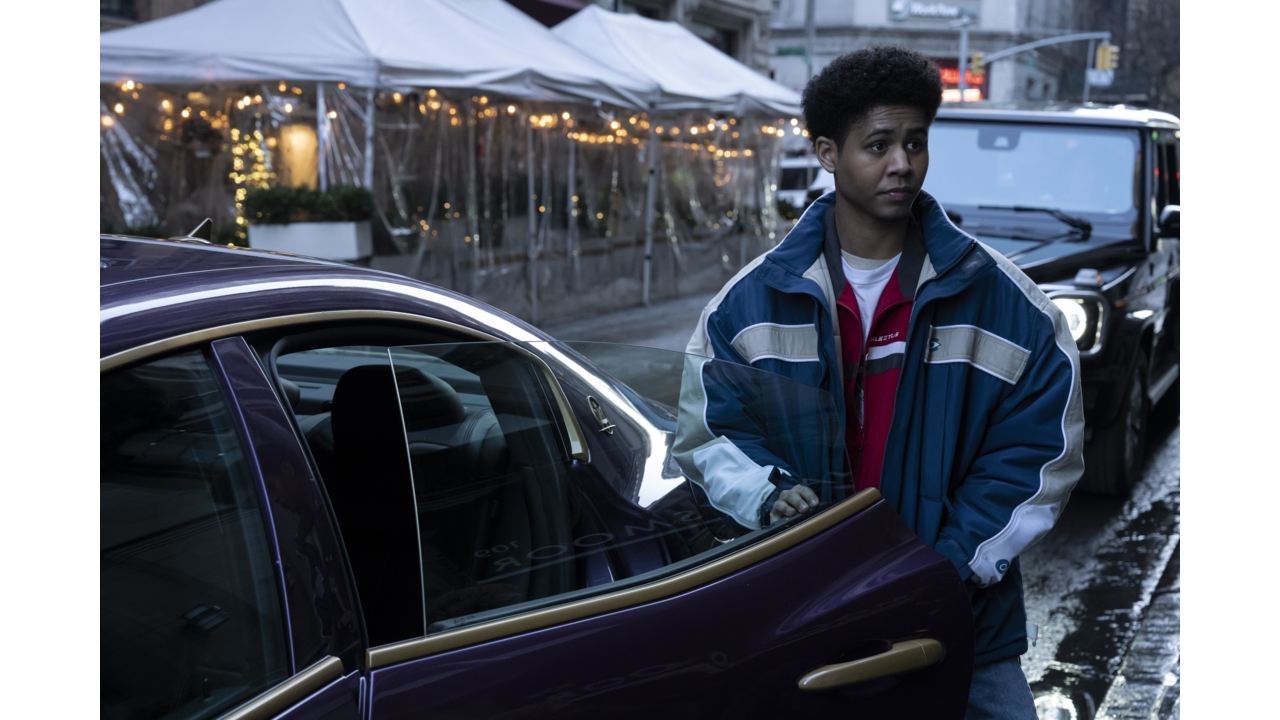
FM42:On the relevance of the series
I think all of these stories are, in a way, meditations on why Gotham is the terrible place that it is. The idea of a place that never seems to get better, and that people are somehow sort of trapped within, but also drawn to. A very American kind of city. A very dark American dream kind of story, and to dig into the nature of why these people are damaged in these ways, where this desperation comes from, what they’re trying to fill.
Look at the psychology, look at the politics of what this place is and have Gotham, which is a fictional city, feel like it’s actually in our world. To try and imagine where someone like our Oz would have come from, and Lauren went digging into all of that. In the same way that I was trying to ground Batman, she was grounding Oz and making it part of an epic, American crime story.
That tone I think is something that sets this iteration of these stories apart in that they’re not just traditional superhero stories as much as they are: Let’s take the opportunity of these characters who people know and define them in a way that is very relatable and very grounded and gives you a kind of understanding of their psychology.
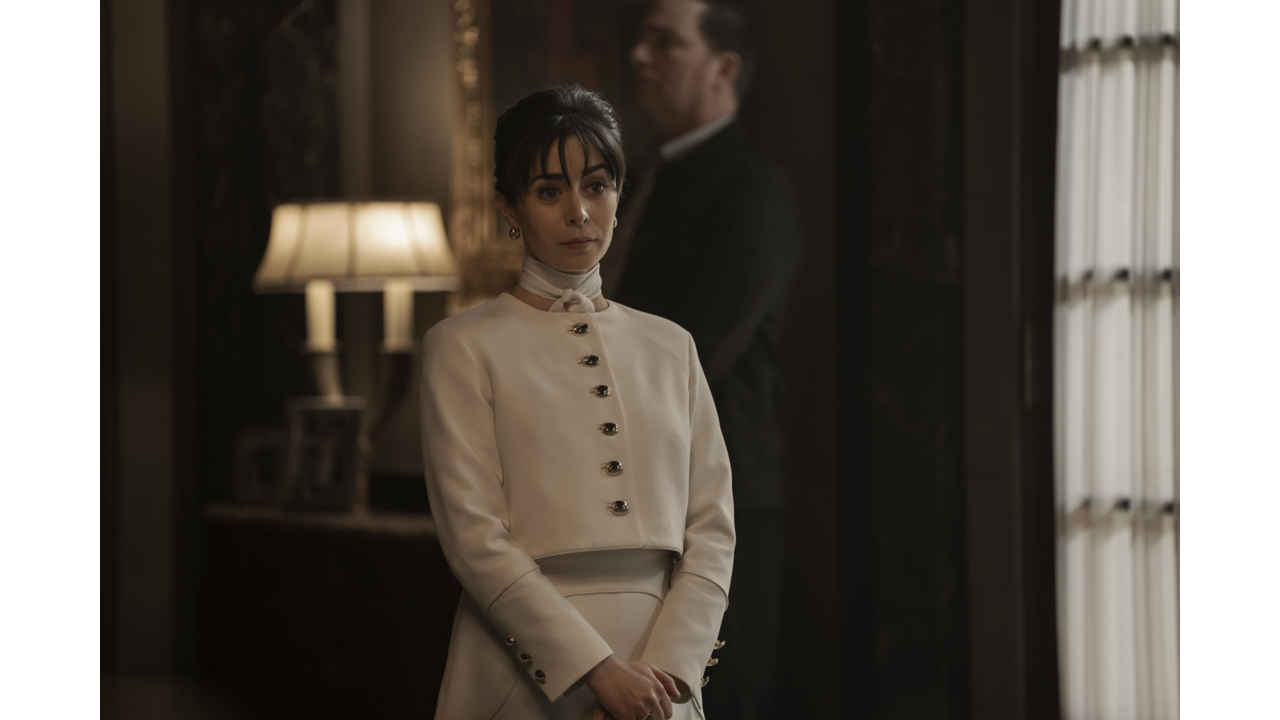
FM42: The connection between the movie and the series
I wanted to make sure that people could feel the DNA. We actually used the same camera lenses from the movie for the series, and we had a lookbook that we worked through with the DPs. There are a few challenges. The movie is very much a detective story and a serial killer film. And this is much more a crime drama about a character who is existing a lot of the time in the day, and who is more of a live wire than Batman is. I was very formal in my compositions, and I did everything in a very almost Hitchcock way— the idea of very kind of precise sort of framing.
Oz is sort of a different energy. He’s much more jazz. Craig Zobel, who was the director of our first three episodes, tried to start in that mode with very kind of formal compositions. And then, the moment that Alberto dies, I proposed to Craig that we introduce more handheld and be more free form in that sense, in a way that also was aesthetically and sort of thematically more like Oz, that was more like his energy. We wanted to make sure that the show could find its own visual language, so that it vibrates up against and feels connected to the movie, but also feels different, that you’ve gone down a different alley. There’s something exciting about the fact that the show has its own visual style and energy but at the same time feels like it’s from the same DNA.
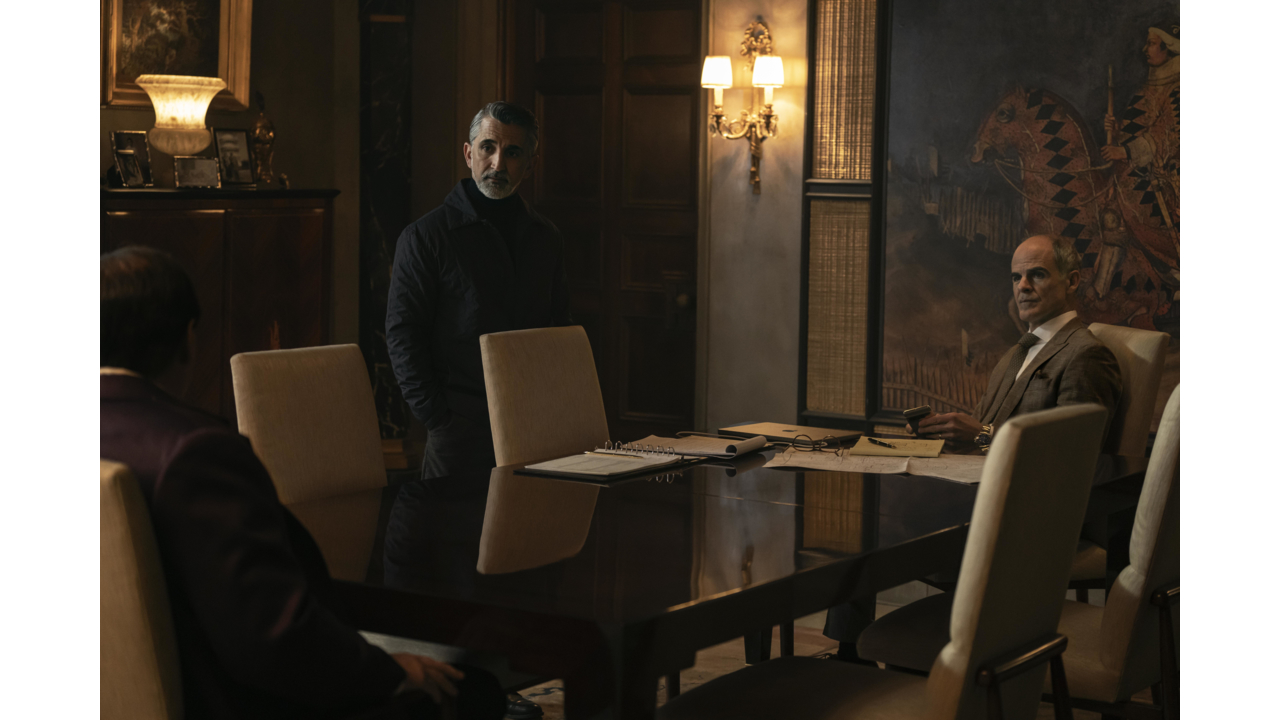
FM42: His reaction to Colin’s performance
It was amazing, because first of all, I do think that Lauren wrote his voice and fleshed out his character so beautifully. He’s got this tremendous darkness. But he always has this incredibly humorous side too, and there’s something about that tone that is so special, and in a way reminds me of HBO crime shows like The Sopranos. I just think Colin is like a force of nature. We talked about John Cazale, Fredo from The Godfather, and the idea that he had a little bit of that vulnerability of the guy who people thought was the brother who wouldn’t be able to do well.
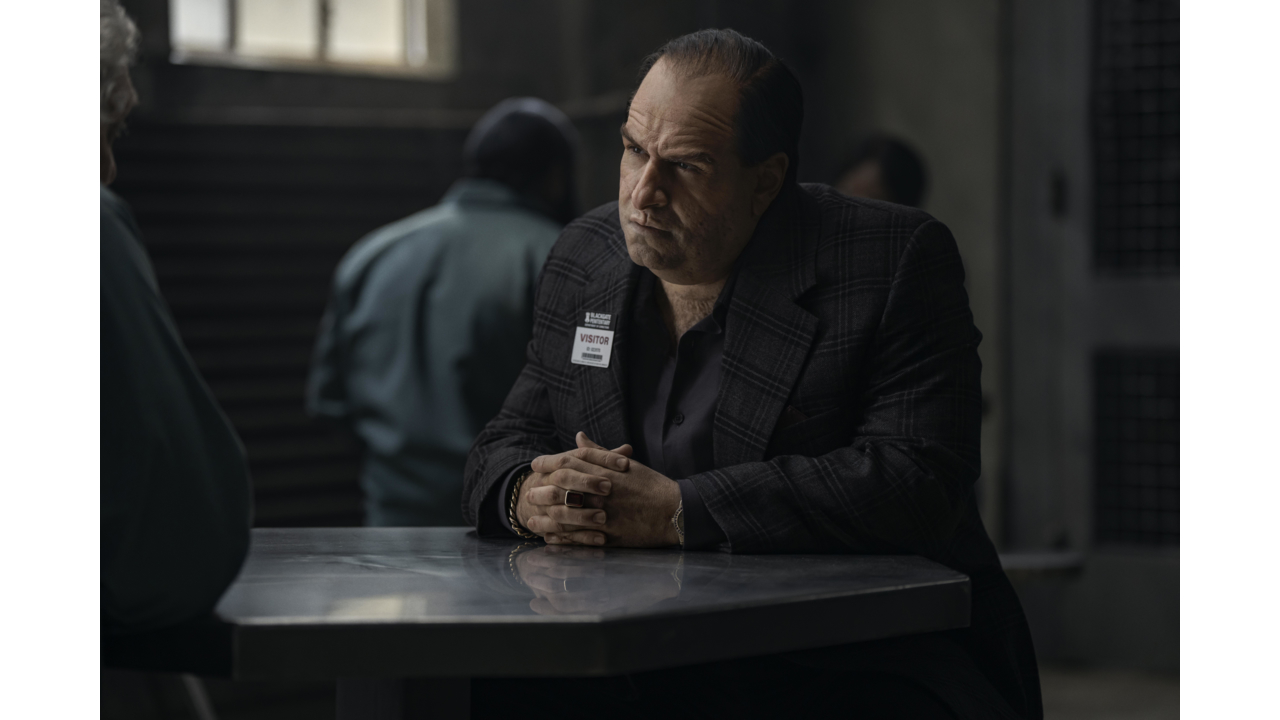
FM42: On Colin’s transformation
Mike Marino, who was our makeup designer, did this incredible sculpture, which is literally exactly the way that Colin ended up looking in the show, and I remember saying to him, before I showed it to Colin, ‘Here’s what I’m afraid of. This sculpture is incredible. But if we look at Oz, and at any point we go, “Oh yeah, that’s a guy in makeup,” everything doesn’t work.’ And Mike said, ‘The way that that I do my makeup, you will never know that it’s not a human being.’ And he came onto the set the first day, and nobody knew that it was Colin. It was incredible. What he does in the series is just astonishing, and I think that it’s incredible to watch. I think so much of it has to do with what a special person Colin is, because he’s very honest, and so he’s willing to go to dark places, but he also has empathy.
So he has empathy for that character in even in his darkest moments, so that he might do unspeakable things, but the character never becomes other. He does unspeakably dark things, but you can see who he is, and you can understand where those things came from. And it’s that enlightenment about where that darkness comes from that makes the character so powerful, and I think a huge part of that comes from Colin. I really do believe when people see, ‘Oh, yeah, here’s Colin,’ and then they see Oz, there’s something about that that creates a kind of magic where you’re sitting there going ‘Oh, wow. That’s Colin!’ and that goes away in the first five or ten minutes of the show, and then all you’re watching is this character that he plays. It’s really cool.
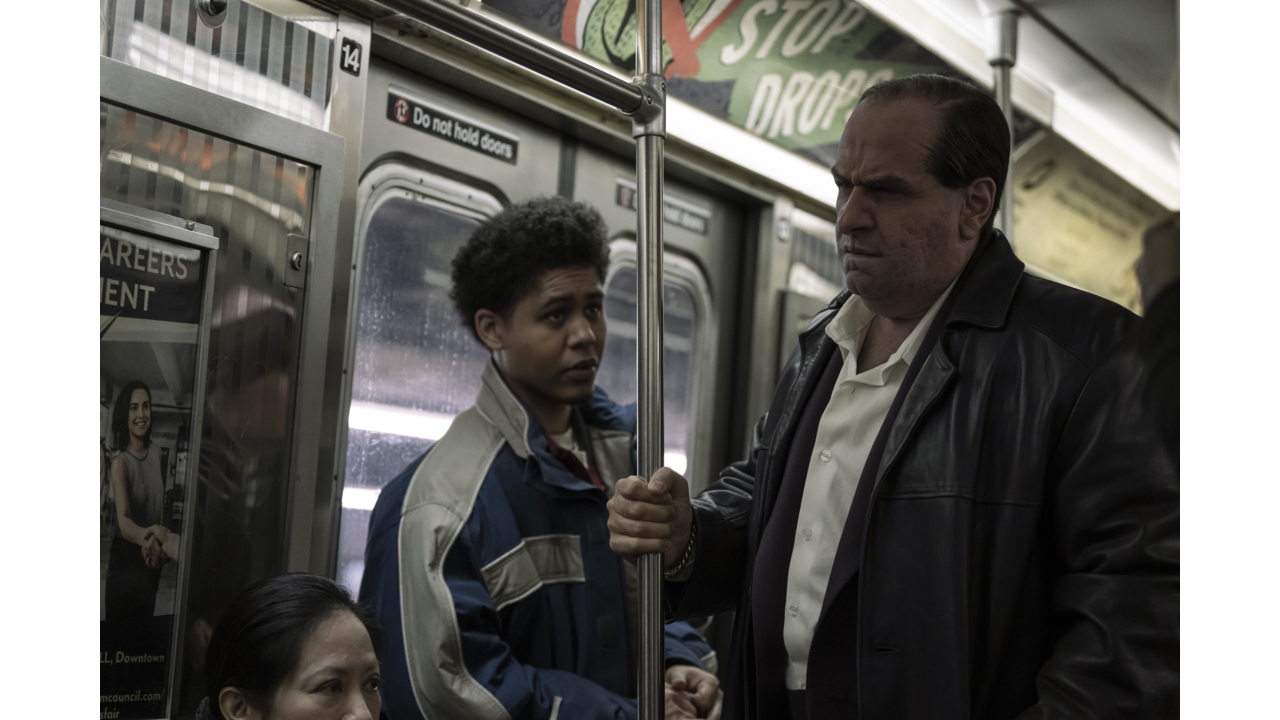
FM42: What he’s most excited about for fans to see
First of all, to be getting that intimate look at Oz and understanding what makes him drive, seeing him grab for power and why he needs it, and where this brokenness comes from that creates this insidious, relentless desire to grab. And then to me, the characters that Lauren and the actors created around him. I think they’re so exciting. What Cristin does with Sofia, that whole character is totally unexpected. And then the performance by Deirdre O’Connell is just astonishing, when Colin and Deirdre are playing together as mother and son, I think there’s something so magical. Those scenes are transcendently great, and I just think that their relationship is one of the things in the show that I just think is incredible. I’m really excited for people to see that. There’s a lot to discover.
Synopsis: Starring Colin Farrell as Oz Cobb (aka “The Penguin”), the eight-episode DC Studios series continues filmmaker Matt Reeves’ “The Batman” epic crime saga that began with Warner
Bros. Pictures’ global blockbuster “The Batman.” Developed by showrunner Lauren LeFranc, the series centers on the character played by Farrell in the film.
Cast: Colin Farrell (Oz Cobb), Cristin Milioti (Sofia Falcone), Rhenzy Feliz (Victor Aguilar), Michael Kelly (Johnny Viti), Shohreh Aghdashloo (Nadia Maroni), Deirdre O’Connell (Francis Cobb), Clancy Brown (Salvatore Maroni), James Madio (Milos Grapa), Scott Cohen (Luca Falcone), Michael Zegen (Alberto Falcone), Carmen Ejogo (Eve Karlo), Theo Rossi (Dr. Julian Rush).
Credits: The series is executive produced by Matt Reeves, Dylan Clark, Colin Farrell, Lauren LeFranc, who writes and serves as showrunner, Craig Zobel, who directs the first three
episodes, and Bill Carraro. Based on characters created for DC by Bob Kane with Bill Finger, THE PENGUIN is produced by Reeves’ 6th & Idaho Productions and Dylan Clark Productions in association with Warner Bros Television, where Reeves and 6th & Idaho are under an overall deal, and DC Studios. Daniel Pipski also serves as executive producer.
